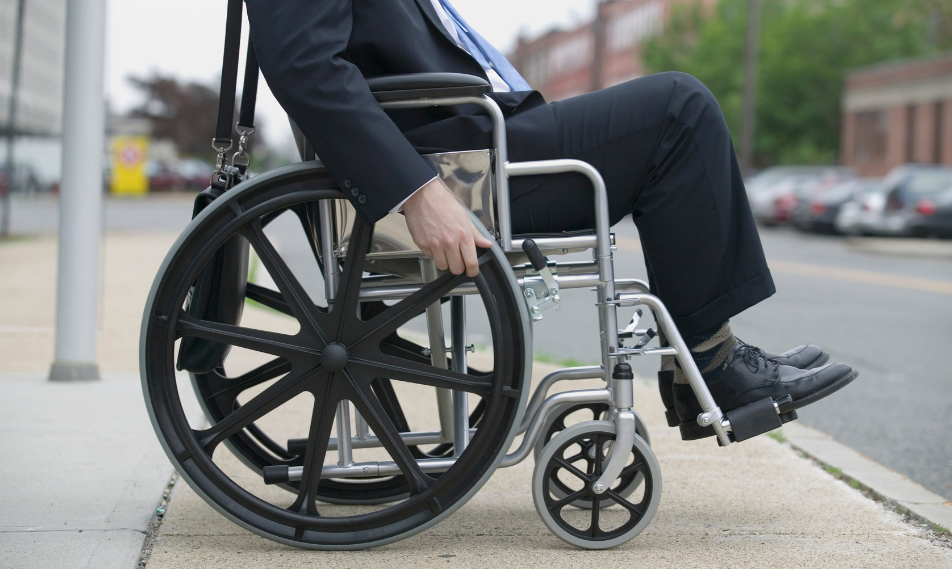How to be Considerate to Someone with a Physical Disability

Do you ever feel unsure of how to communicate with a companion who has a disability? Have you ever caused offence to someone with a disability? How would you know? Whether you are a disability support worker, or have a friend, colleague or a family member with a disability, it can be both helpful as well as reassuring to understand some tips on socialising and working with the disabled community.
Everyone is unique in terms of how their disability started or was diagnosed, and how it affects them in a wide range of everyday situations. When it comes to people with physical disabilities, this term can cover a variety of different possibilities and level of ability. For example, is the disability temporary or permanent? Did the disability exist from birth, or was it acquired at some stage during their later lives? The common characteristic of people with a physical disability is that they are affected by an aspect of their physical functioning - such as their mobility, dexterity or stamina. Here are some tips on how to be more considerate when interacting with someone who has a physical disability:
Always ask before offering assistance. While you may have only the best intentions, it can come across as quite offensive to assume someone needs your help. To avoid any awkward situations, simply ask the person who has a physical disability if they would like assistance. Even if they say no, at least you have come across as friendly and considerate.
Ask permission before touching a person’s wheelchair or mobility aid. Again, it can cause offence to make assumptions. It may not be okay for you to touch a wheelchair or mobility aid not only due to offence but also for health and safety reasons - you could actually have the reverse affect and make things harder for them or perhaps that person doesn’t realise you’re there and could run into you.
Never assume that a person with a physical disability also has an intellectual disability. As mentioned before, there are many different kinds of disabilities and ability levels, and each person is unique in how they experience various situations. So regardless of how someone may look to you on first impressions, it is so important to not make assumptions.
Be at the same level when communicating with people who have physical disabilities. If you can take a moment to imagine the alternate perspective of being in a wheelchair for example, it would be incredibly tiring to have to look up all the time, just to communicate. It could strain your neck, glare from the sun could hurt your eyes, it could be hard to hear and speak given the person is further away. If you expect the conversation to be longer than a few minutes, consider sitting down or kneeling to get yourself on the same level as the person with the physical disability.
In most cases, people with a physical disability are very much aware of the impact of their disability in different situations, and are experts in their own needs. If you are thoughtful and respectful in how you communicate with them, they can let you know where your assistance may be needed and when it is not. Overall, it will make both of you more comfortable in interacting with each other, but may also act as an example to others on how to make our community more considerate and inclusive to those with a physical disability.
Do you have a physical disability and would like some assistance with chores, or would like to learn a new skill or simply want companionship? If you are based in NSW, NDIS-approved provider Home Care Heroes is the answer for you. With a flat rate of $40 per hour (including weekends and public holidays), sign up now to choose a Hero in your local area who has the skills you need and has similar interests to your own.